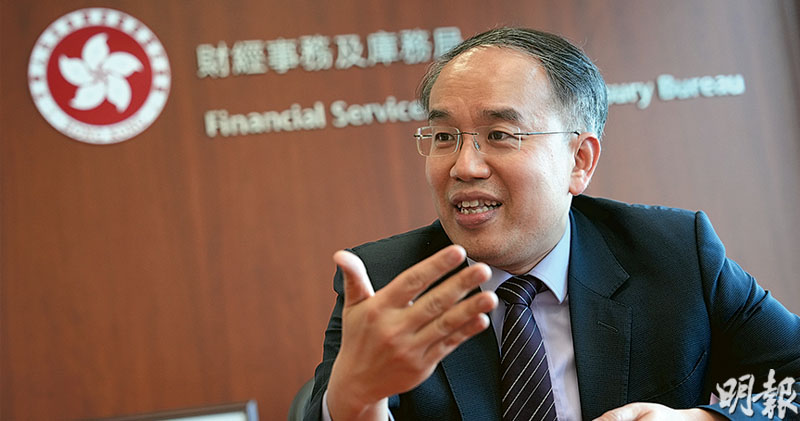Shenzhen Warns Public of Stablecoin Scams Amid Growing Global Interest

As global interest in stablecoins continues to rise, authorities in Shenzhen, China, are urging the public to be cautious. On Monday, local regulators issued a clear warning about the risks of illegal financial schemes that are increasingly using buzzwords like “digital assets” and “financial innovation” to mislead investors.

The warning, released by Shenzhen’s Office of the Special Working Group for Preventing and Combating Illegal Financial Activities, highlighted the growing number of scams disguised as stablecoin or crypto investments. These scams often exploit a general lack of public knowledge around blockchain technology and cryptocurrency markets.
“These entities exploit new concepts such as stablecoins to hype up so-called investment projects involving 'virtual currencies,' 'virtual assets,' and 'digital assets',” the agency said in its statement.
The notice also pointed to common tactics like misleading advertisements and false promises of high returns — all designed to lure unsuspecting participants into schemes that can involve illegal fundraising, fraud, gambling, pyramid operations, or even money laundering.
The caution from Shenzhen comes at a time when stablecoins are gaining mainstream recognition — not just among retail investors, but also within financial institutions and government bodies. Pan Gongsheng, governor of the People’s Bank of China, recently acknowledged that stablecoins and central bank digital currencies (CBDCs) are beginning to reshape the global payments landscape.
Meanwhile, regulatory frameworks for stablecoins are advancing elsewhere. In May, Hong Kong’s Legislative Council passed new legislation creating a licensing regime for stablecoin issuers — a significant step toward bringing oversight to the sector. Christopher Hui, Hong Kong’s Secretary for Financial Services and the Treasury, told local media this week that the region may issue stablecoin licenses before the end of the year, though he noted the number of licenses will likely remain limited.

Across the Pacific, the United States is also making regulatory moves. In June, the U.S. Senate passed the GENIUS Act — a comprehensive stablecoin bill now headed to the House of Representatives for further debate. These policy developments reflect a growing consensus that stablecoins need stronger legal and operational safeguards as they become more embedded in global finance.
Back in mainland China, however, authorities maintain a strict stance against cryptocurrencies in general. While the country continues to explore its own digital yuan (e-CNY), private digital asset projects remain under heavy scrutiny. Shenzhen’s latest advisory fits within this broader approach — aiming to shield citizens from high-risk or fraudulent financial behavior tied to unregulated crypto offerings.

